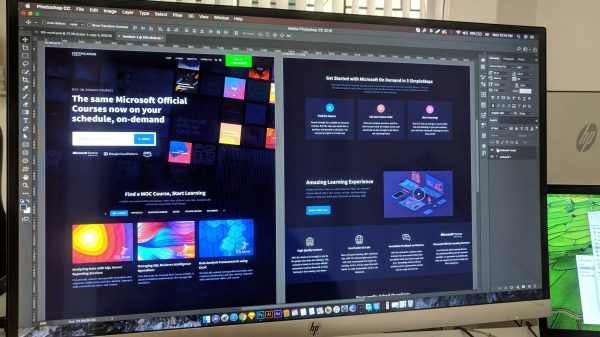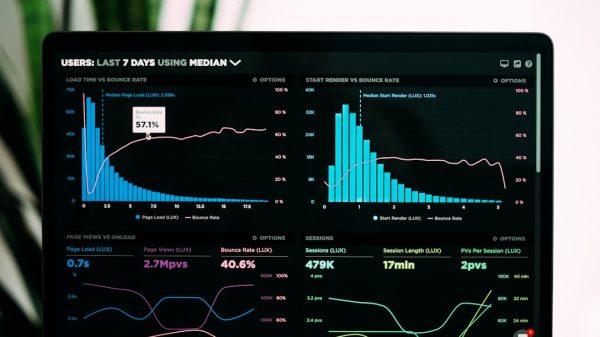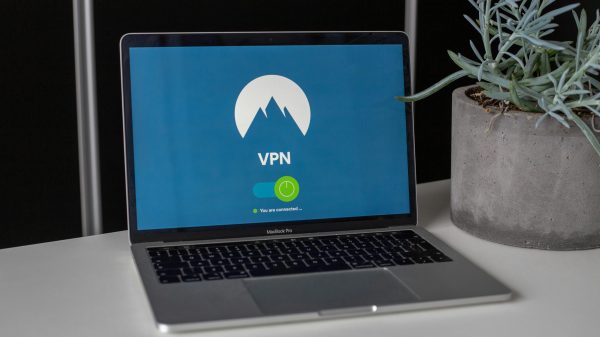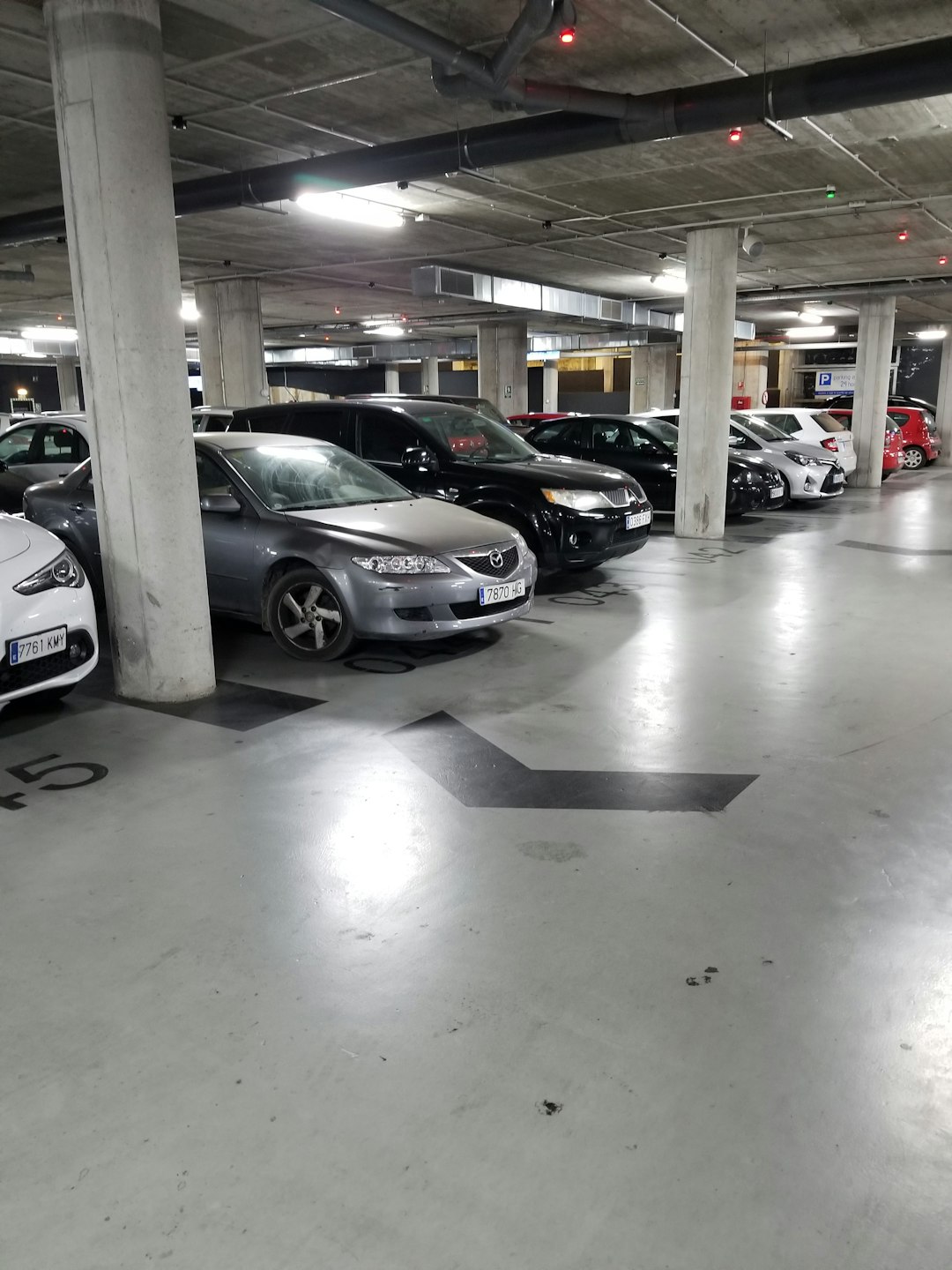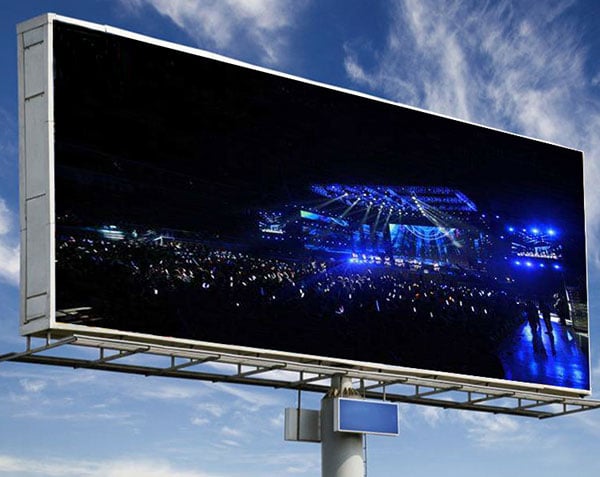In today’s fast-paced world, businesses understand that the customer experience begins long before someone walks through a door or visits a website. Surprisingly, for many brick-and-mortar businesses — from shopping centers to hospitals and office complexes — this journey begins in the parking lot. Recent studies reveal that 7 out of 10 businesses are adopting parking management solutions as a strategic step to elevate their customer experience. But why is parking becoming such a critical touchpoint?
The Parking Experience is Part of the Customer Journey
Imagine a customer arriving at a business where parking is chaotic, signage is unclear, or lot access is confusing. First impressions matter. An unpleasant parking experience can shape a customer’s mood long before they engage with a company’s actual services or products. With this in mind, an increasing number of businesses are realizing the role that seamless parking plays in shaping overall satisfaction.
By adopting smart parking management solutions, organizations are creating environments that are not only efficient but also reflective of their brand values — such as innovation, customer care, and modernity.

What Are Parking Management Solutions?
Parking management systems use a combination of technologies to streamline, automate, and enhance the parking experience. These technologies include:
- License plate recognition (LPR) for automatic entry and exit
- Contactless payment systems to reduce wait times
- Mobile app integration for space reservation and navigation
- Digital signage for real-time space availability updates
- Sensors and cameras that guide vehicles to empty spots
Implementing these features removes pain points such as long wait times, inefficient payments, and the frustration of searching for a spot. The result is a frictionless and seamless customer experience starting at the curb.
Top Reasons Why Businesses Are Adopting These Solutions
1. Enhancing Customer Satisfaction
Surveys indicate that up to 63% of customers consider ease of parking an important factor in their decision to visit a business. Whether it’s a shopper at a mall, a patient at a medical center, or a client at a corporate office, a seamless parking experience contributes to a stronger first impression.
Smart systems that show real-time availability or allow pre-booking of parking spots drastically reduce delays and stress. This level of convenience contributes directly to customer loyalty and positive reviews.
2. Boosting Operational Efficiency
Manual systems — depending on security guards, cash payments, or ticket printing — not only slow down processes but also introduce the possibility of human error. With digital parking management solutions, businesses see a marked improvement in flow efficiency and data accuracy.
These systems provide real-time analytics that help managers track occupancy rates, revenue, and peak usage times — key data that helps optimize resources and reduce costs.
3. Reducing Carbon Footprint
Parking congestion doesn’t just create frustration — it contributes significantly to carbon emissions. Cars searching for parking for extended periods burn unnecessary fuel, increasing a business’s environmental impact.
Smart parking solutions reduce this by guiding drivers directly to vacant slots. Less idling time = reduced emissions. For businesses committed to sustainability, this is a tangible and visible effort toward environmental responsibility.
4. Integrating with Smart City Infrastructure
Many urban businesses are part of the larger smart city ecosystem that integrates technology to improve public welfare. Parking tech aligns with this vision by integrating IoT systems, AI, and cloud-based management to generate real-time, actionable data.
By being part of a smart grid of city services, businesses gain a competitive edge, especially in urban environments where parking is a premium commodity.
5. Enhancing Security and Compliance
Advanced surveillance and license plate recognition not only facilitate smooth entry but enhance site security as well. Potential threats can be identified faster, unauthorized vehicles can be flagged, and records of vehicle movements are automatically generated — all without increasing labor costs.
These systems also help businesses stay compliant with local parking laws and offer better record-keeping for audit purposes.
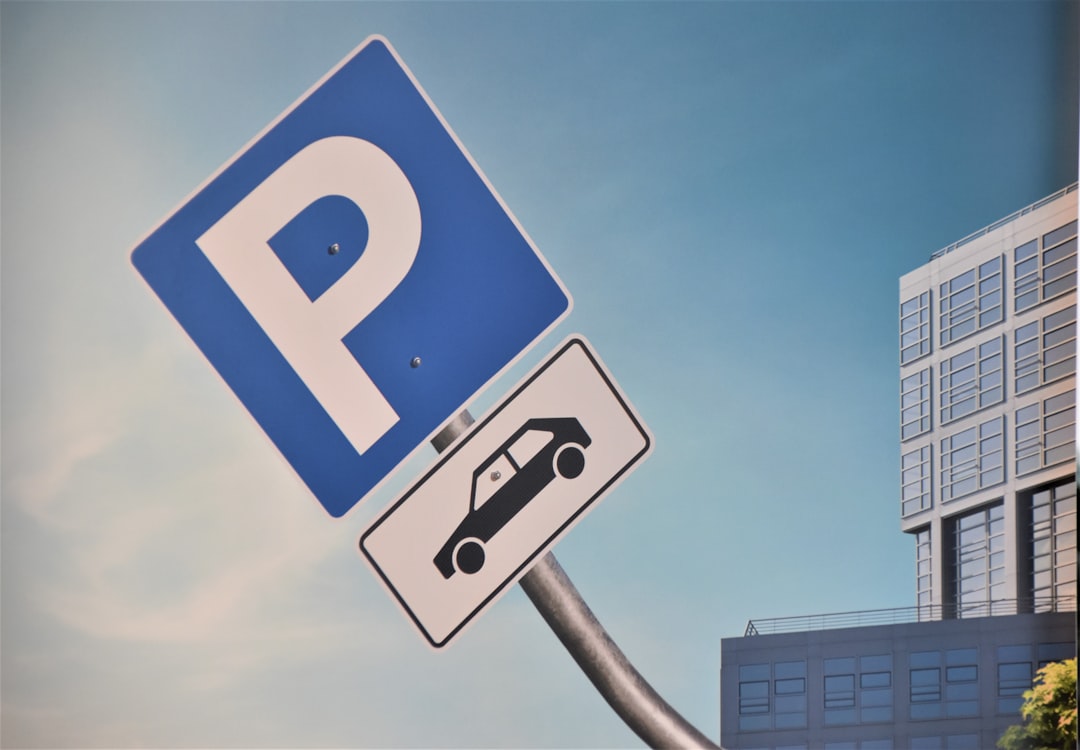
Industries Leading the Way
While the adoption of parking management systems is rising across all industries, some sectors are leading the charge:
- Retail – Shopping malls and supermarkets are investing in seamless entry and exit to maximize customer throughput and minimize frustration during peak hours.
- Healthcare – Hospitals and clinics see improved patient experience and caregiver satisfaction when parking is accessible and predictable.
- Hospitality – Hotels and event venues are using automated parking to impress guests right from their arrival.
- Airports and Transport Hubs – With constant foot traffic, efficient parking translates to smoother operations and better traveler experiences.
- Corporate Offices – Companies invest in employee-friendly parking solutions to improve work-life balance and attract talent.
Features Customers and Businesses Love
Not all parking solutions are created equal. The most effective systems stand out by offering features that not only enhance logistics but delight end users. Some of the most praised features include:
- Real-time availability maps
- Contactless mobile payments
- VIP or reserved parking for loyalty customers
- Integrated customer support through apps
- Automated valet parking assistance
Additionally, business administrators appreciate dashboards that present insightful data, from dwell times to visitor frequency, offering a holistic view of how their parking area is being utilized.
The Future of Parking: Connecting Convenience with Loyalty
Looking forward, parking spaces are no longer being viewed only as extensions of physical property, but as valuable customer engagement touchpoints. Some companies are now integrating their parking systems with loyalty programs, rewarding customers for visiting frequently, booking in advance, or even choosing off-peak hours.
We’re also seeing the rise of AI integrations — systems that can predict customer flow patterns, seasonal spikes, or even provide insights into driving behaviors. These predictive systems allow businesses to prepare in advance, scaling up staffing or opening backup lots when needed.
Conclusion
The decision to invest in parking management solutions goes far beyond logistics. It’s about shaping customer perceptions, streamlining operations, ensuring safety, and aligning with future technologies. The fact that 70% of businesses are making this move underscores its impact and effectiveness.
In an age where customer experience drives everything from loyalty to revenue, every interaction counts — and for many businesses, the first of those is in the parking lot. By transforming this space with smart solutions, they’re not just resolving old operational pains — they’re redefining what customer service looks like in the modern era.





